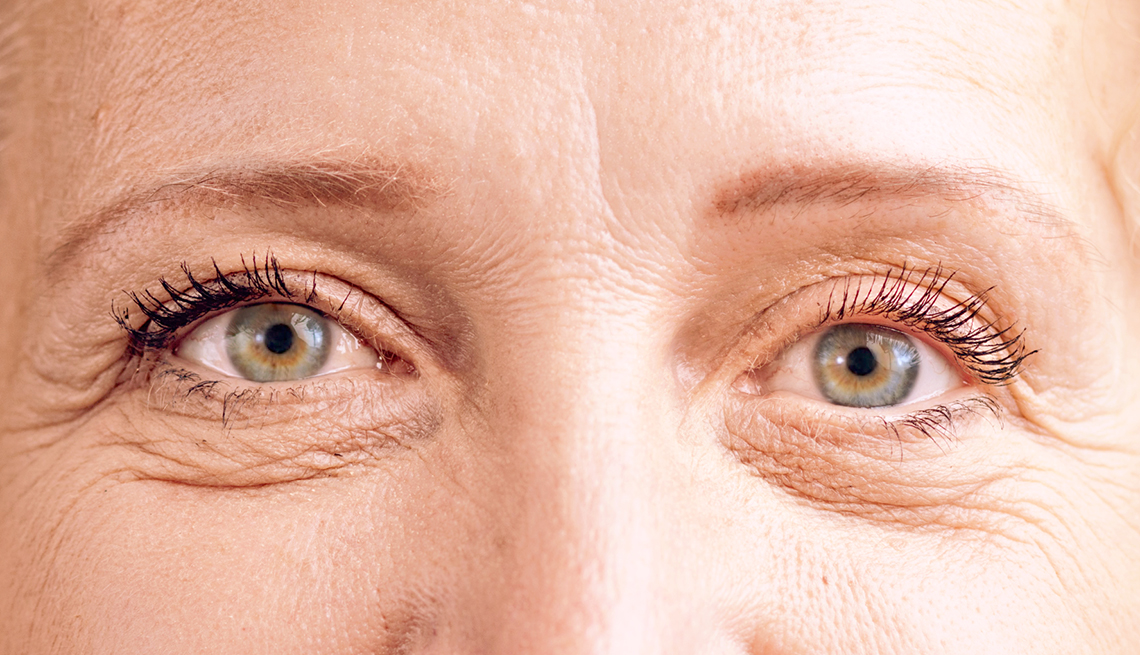All Categories
Featured
When it comes to maintaining your vision and protecting against eye-related conditions, nourishment plays an essential function. The foods we consume not only sustain our bodies yet also provide important nutrients that sustain eye health and wellness. A well balanced diet abundant in specific vitamins, minerals, and antioxidants can dramatically impact the long life and high quality of your vision.
Secret Nutrients for Eye Health
Vitamin A. Vitamin A is essential for keeping great vision, especially in low-light problems. It adds to the production of rhodopsin, a pigment located in the retina that assists detect light. Foods abundant in vitamin A consist of carrots, sweet potatoes, spinach, and various other leafy greens.
Lutein and Zeaxanthin. These carotenoids function as natural sunscreens, filtering dangerous blue light and safeguarding the eyes from oxidative damage. Lutein and zeaxanthin are bountiful in kale, broccoli, corn, and eggs.
Vitamin C. An antioxidant powerhouse, vitamin C helps preserve the health of capillary in the eyes and may lower the threat of cataracts. Oranges, strawberries, bell peppers, and tomatoes are exceptional sources of this vitamin.
Vitamin E. Vitamin E battles oxidative tension and shields the eyes from age-related damages. Almonds, sunflower seeds, and hazelnuts are wonderful options to consist of in your diet regimen.
Omega-3 Fatty Acids. Omega-3s are necessary for the wellness of the retina and play a duty in preventing dry eye syndrome. Fatty fish such as salmon, mackerel, and tuna, along with walnuts and flaxseeds, are rich in these healthy and balanced fats.
Zinc. Zinc sustains the transport of vitamin A from the liver to the retina to generate melanin, a protective pigment in the eyes. Oysters, beef, and strengthened grains are exceptional sources of zinc.
Just How Nutrition Aids Prevent Eye Diseases.
![]()
Age-Related Macular Degeneration (AMD): Antioxidants like lutein, zeaxanthin, vitamins C and E, and zinc have been shown to lower the threat of AMD progression.
Cataracts: A diet rich in vitamin C and various other antioxidants might slow down cataract development by lowering oxidative damage.
Dry Eye Disorder: Omega-3 fatty acids can minimize symptoms of completely dry eyes by enhancing the quality of the tear film.
Practical Tips for an Eye-Healthy Diet
Include a variety of colorful vegetables and fruits into your meals to make sure a wide variety of nutrients.
Pick lean proteins and entire grains to sustain overall health.
Stay moisturized to maintain your eyes wet and decrease the risk of dry skin.
Limit processed foods and sugarcoated, which can raise the threat of problems like diabetes mellitus that impact eye health.
Verdict
![]()
Great nutrition is a foundation of eye wellness. By including nutrient-dense foods in your diet regimen, you can protect your vision and decrease the threat of eye illness.
Secret Nutrients for Eye Health
Vitamin A. Vitamin A is essential for keeping great vision, especially in low-light problems. It adds to the production of rhodopsin, a pigment located in the retina that assists detect light. Foods abundant in vitamin A consist of carrots, sweet potatoes, spinach, and various other leafy greens.
Lutein and Zeaxanthin. These carotenoids function as natural sunscreens, filtering dangerous blue light and safeguarding the eyes from oxidative damage. Lutein and zeaxanthin are bountiful in kale, broccoli, corn, and eggs.
Vitamin C. An antioxidant powerhouse, vitamin C helps preserve the health of capillary in the eyes and may lower the threat of cataracts. Oranges, strawberries, bell peppers, and tomatoes are exceptional sources of this vitamin.
Vitamin E. Vitamin E battles oxidative tension and shields the eyes from age-related damages. Almonds, sunflower seeds, and hazelnuts are wonderful options to consist of in your diet regimen.
Omega-3 Fatty Acids. Omega-3s are necessary for the wellness of the retina and play a duty in preventing dry eye syndrome. Fatty fish such as salmon, mackerel, and tuna, along with walnuts and flaxseeds, are rich in these healthy and balanced fats.
Zinc. Zinc sustains the transport of vitamin A from the liver to the retina to generate melanin, a protective pigment in the eyes. Oysters, beef, and strengthened grains are exceptional sources of zinc.
Just How Nutrition Aids Prevent Eye Diseases.

Age-Related Macular Degeneration (AMD): Antioxidants like lutein, zeaxanthin, vitamins C and E, and zinc have been shown to lower the threat of AMD progression.
Cataracts: A diet rich in vitamin C and various other antioxidants might slow down cataract development by lowering oxidative damage.
Dry Eye Disorder: Omega-3 fatty acids can minimize symptoms of completely dry eyes by enhancing the quality of the tear film.
Practical Tips for an Eye-Healthy Diet
Include a variety of colorful vegetables and fruits into your meals to make sure a wide variety of nutrients.
Pick lean proteins and entire grains to sustain overall health.
Stay moisturized to maintain your eyes wet and decrease the risk of dry skin.
Limit processed foods and sugarcoated, which can raise the threat of problems like diabetes mellitus that impact eye health.
Verdict

Great nutrition is a foundation of eye wellness. By including nutrient-dense foods in your diet regimen, you can protect your vision and decrease the threat of eye illness.
Latest Posts
Benefits of NAPA AutoCare? Montclare Auto Repair Explains Why
Published Apr 18, 25
2 min read
The Roadway to Financial Flexibility Starts Here
Published Apr 18, 25
1 min read
Trusted Auto Repair Close to You - Trust Montclare’s Skilled Mechanics
Published Apr 18, 25
2 min read